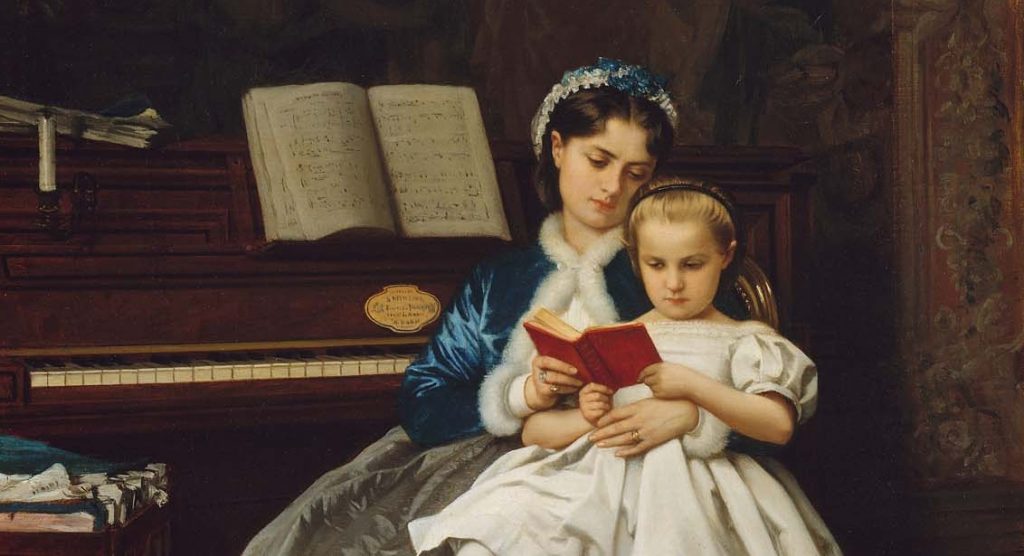The election of Donald Trump as US president should not come as a surprise. As Republicans transformed themselves in the image of the once and future president, so should the Democrats have rebranded to fit the unique times and challenges of 2024, but they missed the opportunity. European politicians should pay heed.
Donald Trump’s victory in the US presidential elections was better predicted by the markets than by polls, making him the second US president in history to serve two non-consecutive terms. The first such president was Grover Cleveland, whose story provides valuable advice on why the Democrats failed.
It is easy to analyze what has happened with the benefit of hindsight, yet Democrats also had the opportunity to study history, which might have helped them win the elections.
Cleveland was elected when the Republican Party was plagued by political corruption, populism, and protectionism. Does this sound familiar?
Trump has hijacked the GOP and re-formed it in his own image. There are legitimate fears he will erode institutions by placing cronies in key roles, as well as forcing his influence over branches of state, thereby threatening the rule of law.
Republicans under Trump no longer represent the Republican values of past decades, such as free trade and a strong commitment to Western, liberal values, against authoritarian regimes. He was elected on a populist ticket rather than a conservative one. This is what happened to the Republican party in Grover Cleveland’s time, so he seized the opportunity to represent classical liberal values under the umbrella of the Democratic party, thereby winning two non-consecutive terms.
He enjoyed backing from both parties. Democrats who supported him were called Bourbon Democrats, and his many Republican supporters were called Mugwumps. Instead of Bourbon Democrats, there are only champagne socialists, and mugwumps remain a fantasy.
Kamala Harris and her party lost. Democrats did not manage to hold on to the presidency or the Senate. There is no point in dwelling on alternative scenarios and speculating on what might have happened had they run their campaigns differently, though learning from history and flirting with classical liberal ideas might have helped. It is too late for Democrats, though it is not too late for European politicians.
The answer to rising populism should not be a slide towards the extremities, whether left or right. When many right-wing parties rebranded into protectionist populists, so should left-wing parties break with their anti-market and anti-business obsessions and step into the void left by the centre-right parties. Be more classical liberal on economics, while respecting individualism, as opposed to the collectivism of many populists.
As neither of the US presidential candidates were eager to go into details as to their policy positions, concerns around a terrible Trump presidency are just speculation. The market responded well to the result of the elections and Trump is generally deemed to be better on the economy. The voters had to choose the least bad option, rather than a good one.
Europe now enjoys the benefit of hindsight. Parties should strive to provide a good option, rather than an adequate one. Instead of idealistic politics, they must learn from the realpolitik of Trump and many successful populist parties, but instead of empty promises, fill their slogans with classical liberal solutions, which respect voters.
European politicians should stop playing the roles of left-wing and right-wing politicians with the definitions of either adjective to their populist needs. They should instead start representing policies that actually benefit people, not as a collective, but as individuals. Learn from the mistakes of recent years and learn from the example of Grover Cleveland.
Continue exploring:
How Might Trump’s Victory Affect the EU?
2024 U.S. Presidential Election with Garvan Walshe [PODCAST]



